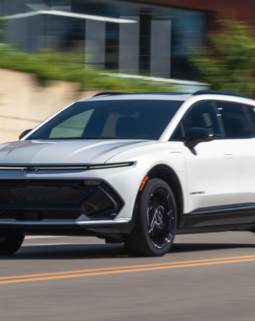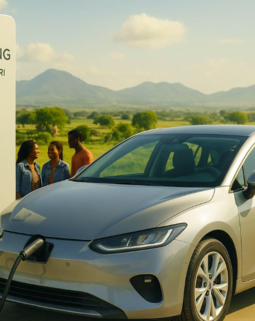Ethiopia has one of the fastest growing economies in the world, but owning a car, even for individuals who have cash at hand is a dream that is almost unachievable.
A frustrated citizen, Girma Desalegn explains to me “I have been saving money for up to four years but still cannot afford the cheapest vehicle sold in the country.”
He has gone to so many car shops in Addis Ababa the capital, to search for a car but has not found a less expensive or affordable car as he puts it.
He plans to settle for second-hand imported cars brought into the country from Europe or the Gulf States – but even such cars are very expensive. The government classifies them as luxury goods.
What this means is that a second-hand vehicle will still attract import taxes up to about 200 percent which is just too outrageous.
“I have saved up to $15,000 with the mind of getting at least a nice family car.
“I am not interested in the Toyota Vitz,” he says while pointing directly at the small hatchbacks which have become a popular figure on the roads.
This cost of these cars in Ethiopia is $16,000 but in other neighboring countries like Kenya, the car is not above $8,000.
Deloitte’s report of 2014 that there are just two cars per 1000 individuals is valid. No wonder Ethiopia has the lowest rate of car ownership in the globe.
Henok Demessew who operates a business on car import and sales in the capital blamed the high price on taxation.
“It is because of the taxation that we do not import better cars from America or Europe. And even when we import, we have to sell at higher prices to make some profit.
“In addition to the shipping cost say the cars are being imported from Dubai through Djibouti, we still need to deal with a lot of taxes when the car finally arrives. And even though many consider the business to be lucrative, the multiple taxations made it one of the most difficult businesses to enter into in the country.
Tax breaks for the local plants
The government, in its quest to get people to patronize locally made and cheaper cars, it offered incentives – a tax break for foreign car makers to setup as well as assemble new vehicles in Ethiopia.
The country currently produces just 8000 private and commercial vehicles for the local market on a daily basis. The government has admitted the numbers of cars are not enough considering its potential and wants it to increase.





